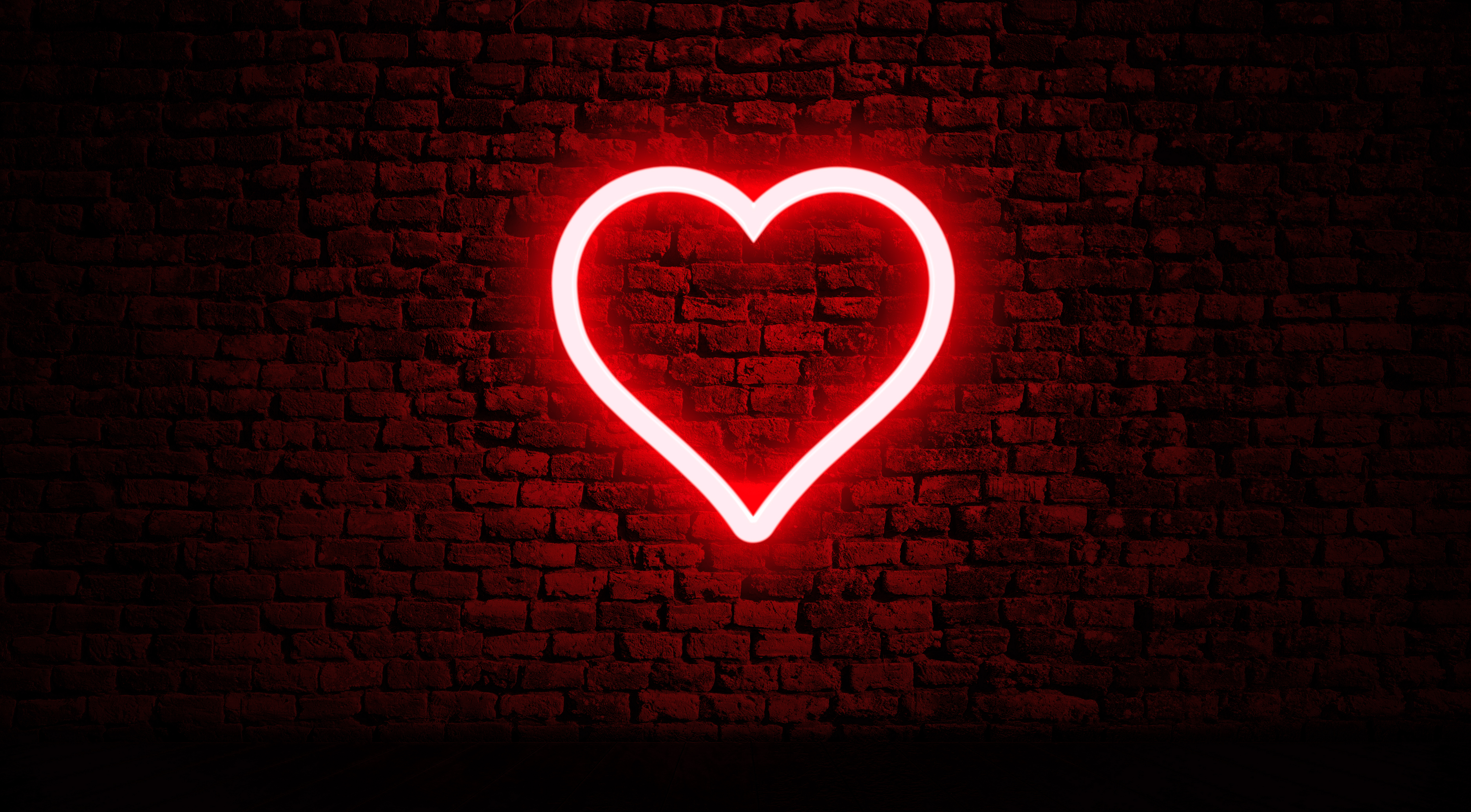
WHILE Latin Americans or Italians are renowned for their overt displays of passion and romance, us Scots aren’t known as being quite as gushy when it comes to love.
And now, a new study has revealed that Scots really do keep their cards close to their chest when it comes to showing their closest friends and family how they truly feel about them.
Research by flower experts Interflora revealed that in adult life, 31% of people Scotland have never said “I love you” to their father, 25% have never said the words to their mother, and 46% have never told their best friend how much they mean to them.
Nearly a quarter said they avoid telling their loved ones how they feel because “their family don’t do that sort of thing.”
But why?
The research found that embarrassment (18%) holds people in Scotland back when it comes to showing their love and appreciation, with 17% worrying that it will also embarrass the other person.
But despite these fears, the research found that Scottish people are still desperate to hear friends and family tell them that they care.
53% of Scots say they felt happier when they told a friend or family member that they loved them, with 42% saying it had deepened their relationship with the other person.
Commenting on the results of the research, Erica Nicholson, Senior Brand Manager at Interflora, said: “There’s a stereotype that we all have a stiff upper lip when it comes to showing our emotions, and we often avoid doing it altogether.
“However, as our research shows, people are desperate to be told they are loved by the people closest to them. Not only that, but there’s tangible benefits to both parties when it comes to sharing a heart-felt sentiment, not least when it comes to our happiness and self-esteem.”
Cognitive Behavioural Psychotherapist and Psychologist Dr Becky Spelman added, “There are real scientific reasons that explain why expressing our love for others, or hearing others express their love for us, makes us feel so much better.
“When we express or receive love, our bodies secrete the hormones oxytocin and serotonin. This has the overall effect of making us feel happier, more content, and more secure in our relationship.
“Oxytocin is the same hormone that women produce when they give birth and it plays an important role in helping them to bond with their babies—but it is also important in all our other close and loving relationships too.”
So the next time you’ve got hearts in your eyes, but are also feeling a little shy, just go ahead and say the words, it’s good for your health.

Enjoy the convenience of having The Sunday Post delivered as a digital ePaper straight to your smartphone, tablet or computer.
Subscribe for only £5.49 a month and enjoy all the benefits of the printed paper as a digital replica.
Subscribe